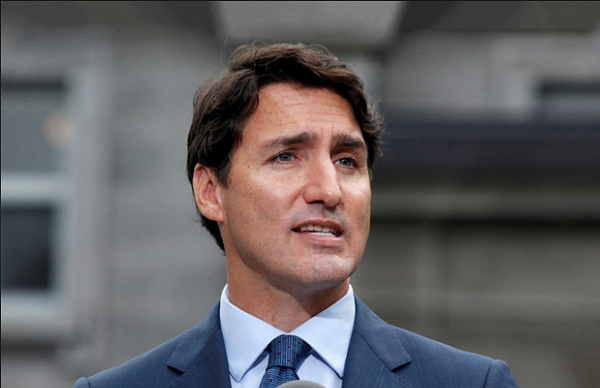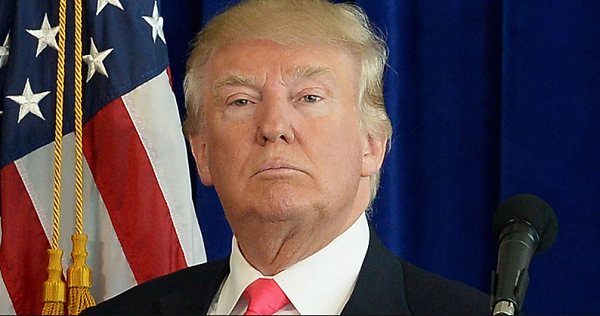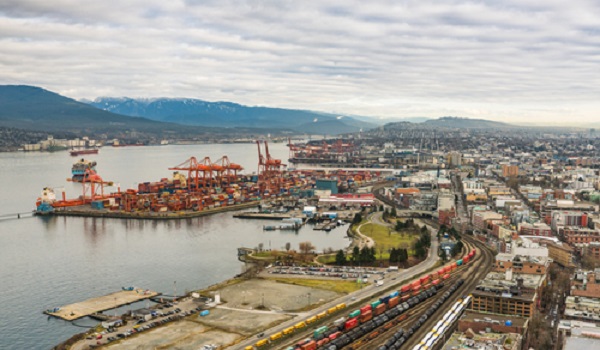Business groups says Trudeau government policies ruining Canada’s economy
One of Canada’s leading business groups has accused the federal government of eroding the country’s economic standing through its failure to constrain spending and more quickly adopt policies to cash in on the global transition away from fossil fuels.
The Business Council of Canada, a lobby group based in Ottawa, sent that message in a letter addressed to Prime Minister Justin Trudeau on Friday.
In the letter, which the group provided to the Star, council president and chief executive Goldy Hyder warned that government inaction in areas like spending restraint and reforms to the process to approve major projects is undercutting the Canadian economy.
“The government’s failure to act with urgency has weakened and worsened our domestic economic growth,” Hyder wrote.
“Consequently, Canadians continue to struggle with affordability challenges driven by high interest rates, persistent inflation and low productivity.”
The warning comes as Trudeau gathers with his cabinet in Montreal to prepare for the winter sitting of Parliament. The cabinet is expected to focus heavily on economic issues, with discussions around Canada’s housing crisis and its relationship with the United States, by far the country’s biggest trading partner. Ministers will also hear presentations by economists, including University of British Columbia professor Kevin Milligan, Manulife Financial chief economist Frances Donald, and Armine Yalnizyan, an economist and the Atkinson Fellow on the Future of Workers.
Public struggles with the cost of living have taken centre stage in the political arena. The Conservatives have blamed government spending for the rising prices of food, fuel, housing and more, while the Liberal government insists recent high inflation is a global phenomenon that’s driven mostly by factors outside its control, like foreign wars and oil price fluctuations on the world market.
The government also routinely compares its balance sheet to peer countries, noting Canada has the lowest net debt-to-GDP ratio of the G7 nations.
In his letter, Hyder trashed the government’s new signal of fiscal responsibility, a goal introduced in November’s fall economic statement to cap the deficit at one per cent of gross domestic product (GDP) by the 2026-27 fiscal year. According to the Business Council, that could require more than $12 billion in spending cuts per year, unless the government raises revenues through new taxes.
“Given your government has increased expenses annually, on average, by well over five per cent each year since 2016, the proposed anchor is just not credible,” Hyder wrote.
He also zeroed in on the federal government’s environmental assessment regime, which the Liberals promised to make more efficient. Hyder notes the government broke a pledge to release a plan to improve the system by the end of last year. Last fall, the Supreme Court of Canada also ruled the federal government’s current review scheme trampled on provincial jurisdiction, and the Liberals are now working on changes to fix that.
But Hyder argued the system urgently needs improvement so that major projects can get approved and built quicker, in particular those that play a role in Canada’s ambitions to profit from the world’s transition away from fossil fuels.
The Liberal government has made that a big goal, pouring tens of billions of dollars towards subsidies to attract electric vehicle battery factories, and crafting strategies to expand mining and processing of the minerals used in such clean energy technology. It is also phasing out coal-fired power plants and, beginning in 2035, implementing restrictions on electricity generated by other fossil fuels, moves that occur as experts predict many industries and consumers will be switching to electrical power. Demand for electricity in Canada could climb by 47 per cent by 2050, according to the Canada Energy Regulator.
But, according to Hyder, delayed action to improve the federal review process means businesses are looking elsewhere to invest in these growing sectors. He also wrote that it is “more than frustrating” that Canada has not yet passed its suite of clean economy tax credits — Ottawa’s $60-billion response to U.S. President Joe Biden’s massive package of climate subsidies — into law.
“Canada and Canadians are falling behind,” he wrote.
The government has said it will deliver all of its clean economy tax credits by the end of 2024, with some of them being retroactively applicable to business investments going back as far as January 2022.
This article was reported by The Star














